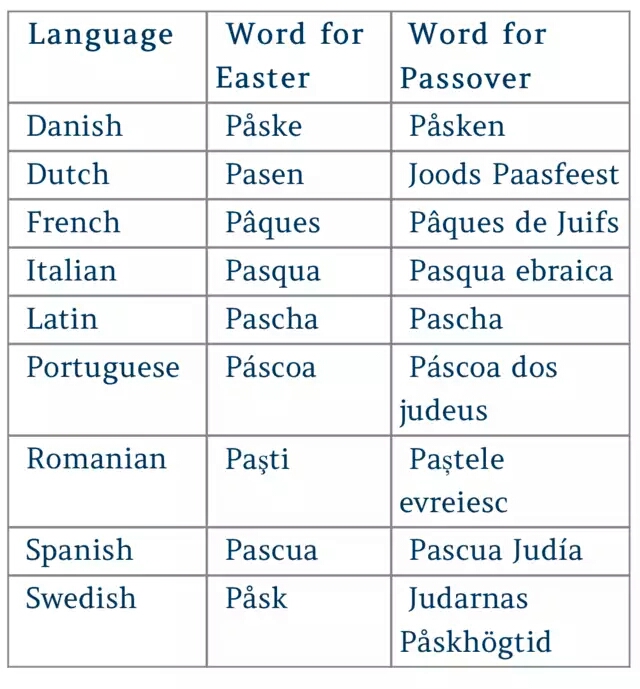Well, no. This isn't an error, but following an historic tradition that goes back to centuries before Christ. The LXX likewise doesn't use YHVH, but kurios, even as the New Testament does. This is retained in translations of Scripture since the beginning of Christianity--in Greek, Latin, Syriac, Coptic. This isn't an error, it's an intentional choice.
It would also be wrong to use "Yahweh" since we have no idea how YHVH is pronounced, the historic pronunciation is lost to us; whereas the pronunciation of other Hebrew words is retained because of their continued use and, ultimately, preserved with the development of niqqud by the Masoretes; niqqud are "vowel marks" which aid in pronunciation of words, since Hebrew writing is an abjad, a consonant-only writing system. The pronunciation of יהוה was not preserved, because it wasn't in regular use among Jews, even in Jesus' time the Tetragrammaton was really only used and spoken by the high priest when serving in the Most Holy Place of the Temple. That's Jews have, since before the time of Jesus, used Adonai or other substitution words in regular practice, such as HaShem ("the Name"). This practice predates Jesus, was present in Jesus' time, and has continued in Judaism even into the present day. In fact observant Jews will often not even write out "Lord" and "God" but instead write out "L-rd" and "G-d" in order to ensure proper reverence is paid to the Deity.
Maybe the pronunciation was "Yahweh", but we don't know. The Samaritans, who still have an active priesthood, who though sharing the same stigma about casually saying the Tetragrammaton, say it as Yahwa, though Theodoret from the 5th century says it is Iabe (Greek letters, probably corresponding to something like Yahve).
Insisting on "Yahweh" is simply not correct. If one is dead set on preserving a transliteration here, then the most honest thing would be to simply provide the Tetragrammaton as-is: YHVH or YHWH. A translation that uses "Yahweh" isn't something I have a problem with, but it would be entirely wrong to say it is correct, it is merely an approximation based on educated guesswork.
-CryptoLutheran


